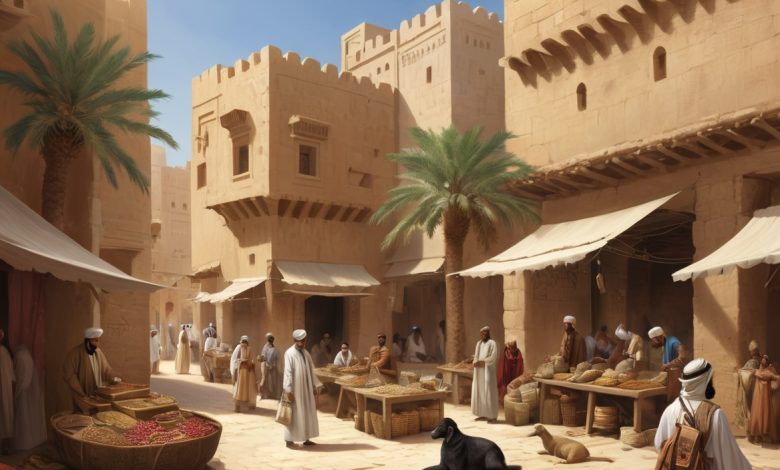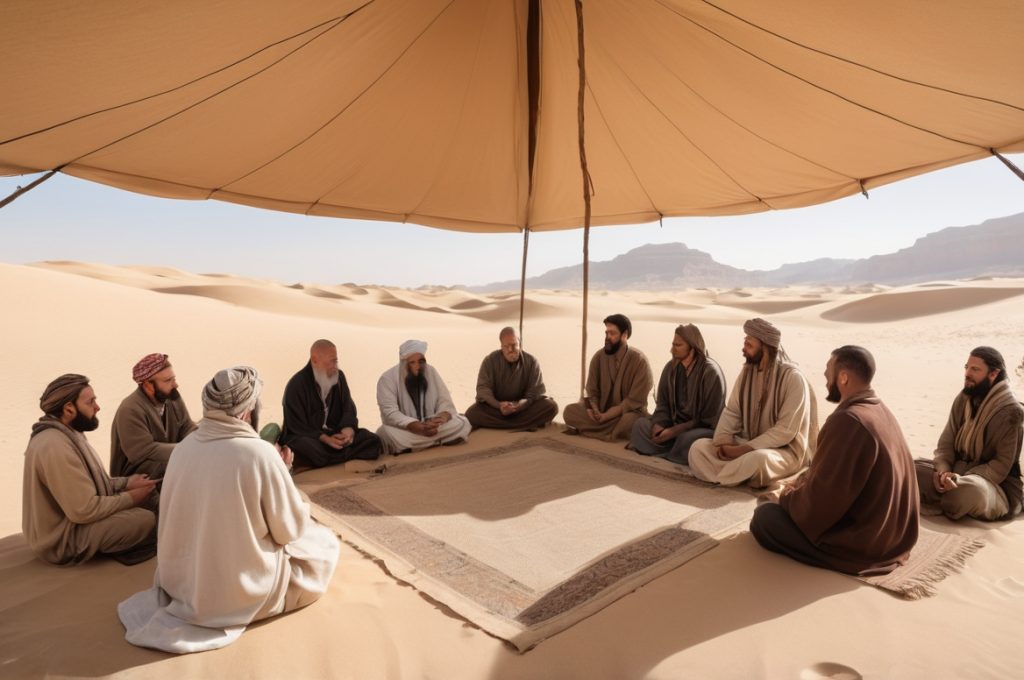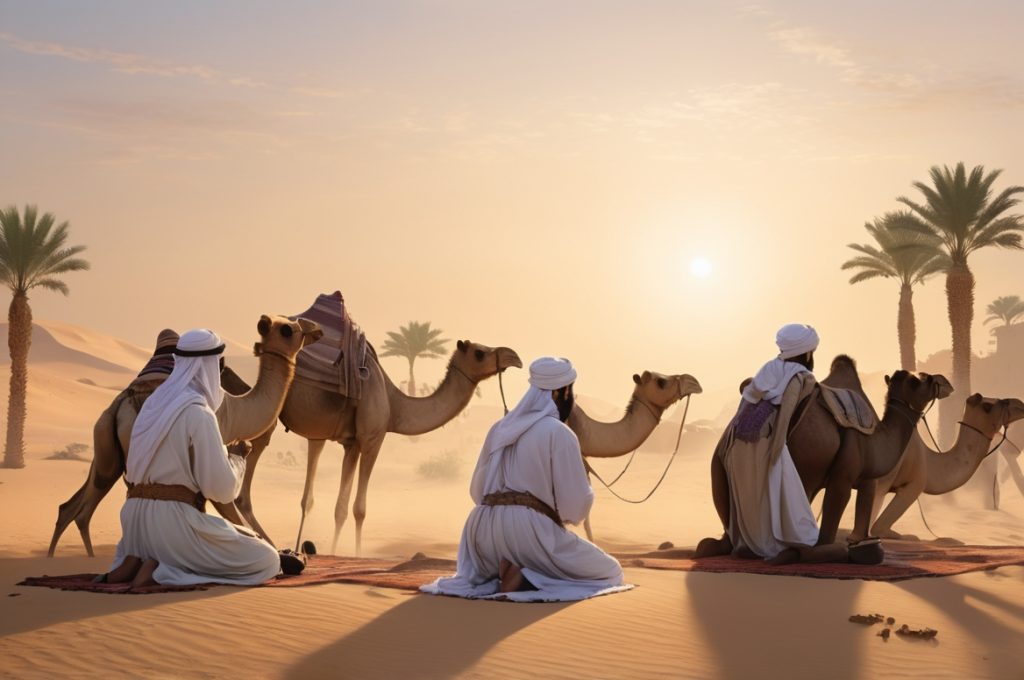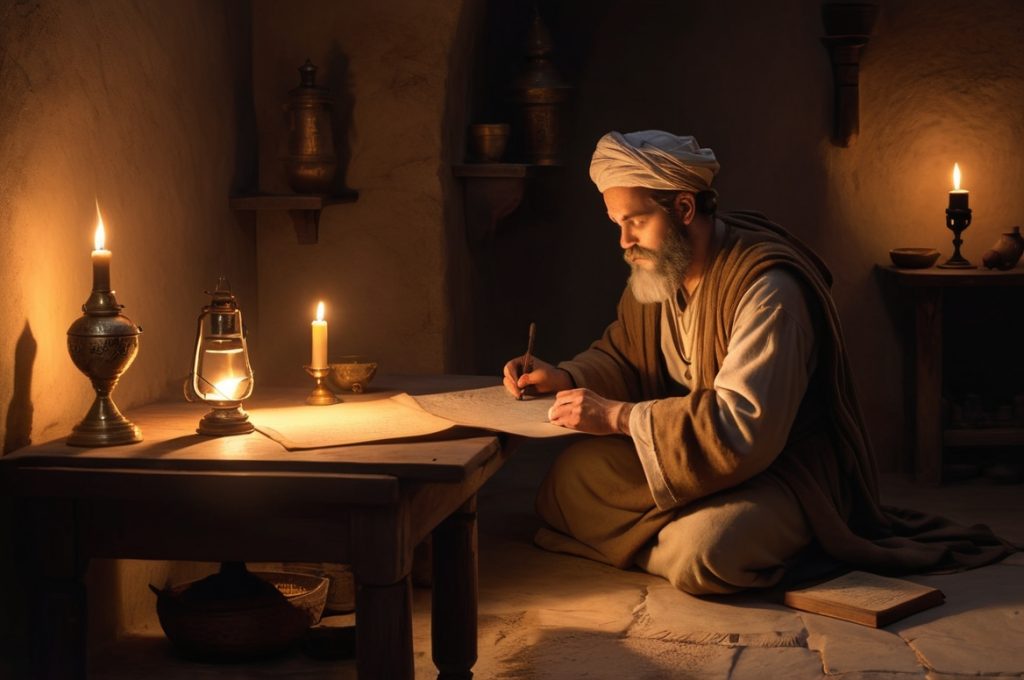What is Islam? A Beginner’s Guide to the Religion of Islam

Introduction
What is Islam? This question has been asked by millions around the world seeking to understand one of the world’s major religions. With over 1.9 billion followers, Islam is not only a religion but a comprehensive way of life for its adherents. Rooted in faith, spirituality, and community, Islam continues to shape cultures, laws, and individual lives across the globe.
In this article, we’ll explore the religion of Islam, including its origins, core beliefs of Islam, practices, sacred texts, and global presence. Whether you’re curious about the Five Pillars of Islam, the significance of the Qur’an, or the role of Prophet Muhammad (peace be upon him), this guide offers a clear and respectful overview for anyone new to the subject.
Meaning and Origin of Islam

The word Islam comes from the Arabic root “S-L-M”, which is associated with peace and submission. Literally, Islam means “submission to the will of God.” A follower of Islam is called a Muslim, meaning “one who submits.”
Islam originated in the early 7th century CE in the Arabian Peninsula, specifically in Mecca (modern-day Saudi Arabia). It was founded upon the revelations received by Prophet Muhammad (PBUH), who is regarded by Muslims as the final prophet in a long line of messengers that includes figures like Abraham, Moses, and Jesus.
These revelations, delivered by the angel Jibril (Gabriel), were eventually compiled into the Islamic holy book, the Qur’an.
Core Beliefs of Islam: The Six Articles of Faith

The beliefs of Islam are grounded in six core principles, known as the Six Articles of Faith. These are:
- Belief in One God (Allah) – Muslims believe in a single, all-powerful, and merciful Creator.
- Belief in Angels – Angels are spiritual beings who carry out God’s commands.
- Belief in the Prophets – From Adam to Muhammad, prophets were chosen to guide humanity.
- Belief in the Holy Books – Muslims recognize the original scriptures given to prophets, including the Torah, Psalms, Gospel, and the Qur’an, which they believe to be the final and unaltered word of God.
- Belief in the Day of Judgment – Everyone will be resurrected for judgment and held accountable for their deeds.
- Belief in Divine Decree (Qadar) – God’s knowledge and control over all things, and that everything happens according to His will.
These beliefs form the theological foundation of Islam and guide every aspect of a Muslim’s spiritual and moral life.
The Five Pillars of Islam: Practice and Worship

While the articles of faith define what Muslims believe, the Five Pillars of Islam define how they live and practice their faith. These five acts are considered obligatory for all Muslims:
- Shahada (Faith) – The declaration of faith: “There is no god but Allah, and Muhammad is the Messenger of Allah.” This simple statement affirms one’s belief in Islam.
- Salah (Prayer) – Muslims are required to pray five times a day facing Mecca. These prayers are moments of reflection and connection with God.
- Zakat (Charity) – An annual giving of a portion of one’s wealth (usually 2.5%) to the needy, reinforcing the value of social responsibility.
- Sawm (Fasting during Ramadan) – Muslims fast from dawn to sunset during the month of Ramadan, abstaining from food, drink, and other physical needs to attain spiritual growth and self-discipline.
- Hajj (Pilgrimage to Mecca) – Once in a lifetime, if physically and financially able, Muslims must make the pilgrimage to Mecca. It’s a powerful act of unity and submission to God.
The Role of the Qur’an and Prophet Muhammad (PBUH)

The Qur’an is the central religious text of Islam. Muslims believe it is the literal word of God revealed to Prophet Muhammad (PBUH) over a period of 23 years. It covers various aspects of life, including guidance on ethics, law, worship, and social justice.
Prophet Muhammad (peace be upon him) is considered the final prophet in Islam. Born in 570 CE in Mecca, he is respected not only as a religious leader but also as a statesman and moral example. His sayings and actions, known as the Hadith, provide a practical guide to living in accordance with Islamic teachings.
The Qur’an and Hadith together shape the moral and spiritual compass for Muslims worldwide.
Islam Today: Global Presence and Diversity

Islam is the second-largest religion in the world and continues to grow. While it originated in the Middle East, the majority of Muslims today live outside of the Arab world. Countries like Indonesia, Pakistan, India, Bangladesh, and Nigeria have some of the largest Muslim populations.
The religion of Islam is not monolithic. It includes diverse cultures, schools of thought, and interpretations. The two main branches are Sunni and Shia, with several sub-groups and theological schools under each. Despite differences, Muslims around the world share the core beliefs of Islam and the Five Pillars as common ground.
Muslims contribute to society in various fields, including science, arts, medicine, and education. Mosques serve not only as places of worship but also as centers for community support, dialogue, and education.
Conclusion
Understanding what Islam is requires more than just learning about rituals or theology. It involves appreciating the spiritual, ethical, and cultural dimensions that shape the lives of nearly two billion people around the world.
At its heart, Islam emphasizes submission to a compassionate and just Creator, a commitment to moral integrity, and a sense of responsibility toward fellow human beings.
Whether you’re a student of religion, a curious reader, or someone seeking interfaith understanding, exploring Islamic teachings can offer valuable insights into a faith that continues to influence the world in profound and peaceful ways.
